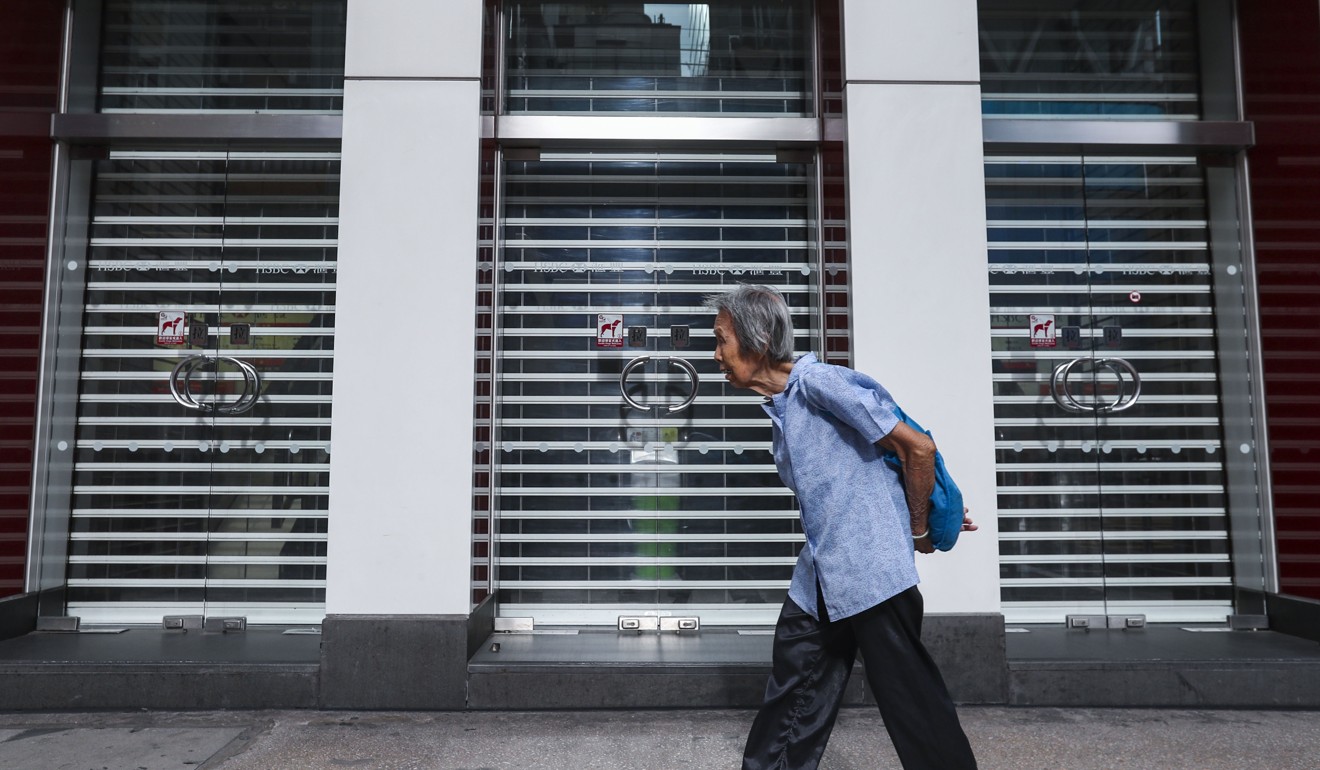
Is Hong Kong mocking the elderly poor with half-hearted pension scheme?

I.M. Wright (“Hong Kong’s public annuity scheme: are the elderly being short-changed?”, July 12) unmasks our government’s “bring your own money” retirement plan. This is completely different from the universal pension plans in many Scandinavian or other European countries, where the elderly can stop working at a certain age, automatically receiving sufficient monthly payment from taxes on the market labour force and their own contributions when employed. Extra savings become non-essential, except for indulging in personal interests.
Our bean-counting Scrooge government looks like it cares enough, but cannot hide the half-heartedness of its intention to ease the lot of Hongkongers facing financial hardship, hiding behind our meagre savings instead.
A truly warm-hearted government would raise the upper limit of the HK$3,485 elderly allowance and include decent housing and cost of living expenditures, especially for those living in poverty. Enable them to enjoy more freedom from having to save every cent and feel honoured for the contribution made to society when they were young.
Edmond Pang, Fanling

Why city’s new pension scheme fails the elderly
I refer to the introduction of the HKMC Life Annuity Scheme earlier this month. I agree with your correspondents who don’t think that it is an effective way to relieve the pressure on the welfare system, and it would not be profitable for elderly Hongkongers either.
The minimum entry fee to join the scheme, launched by the Hong Kong Mortgage Corporation, is HK$50,000, which means that retirees from the lower income group would be unable to join, as they would be hard pressed, if not altogether unable, to pledge that amount of money at one go.
A recent study showed that more than three quarters of Hong Kong residents aged 55 and over have not made adequate provisions for their twilight years. So the pressure on the government welfare system is likely to remain.
Also, even for those elderly people who can invest, it would not be a profitable move. Even if someone aged 65 invested the maximum of HK$1 million, the fixed interest rate will be only about 4 per cent, which does not take inflation risk into account.
Therefore, if the inflation rate in the coming years rises any higher, which is not unlikely, these retirees will be faced with a fall in the real value of their returns on investment.
Billy Sit, Tseung Kwan O